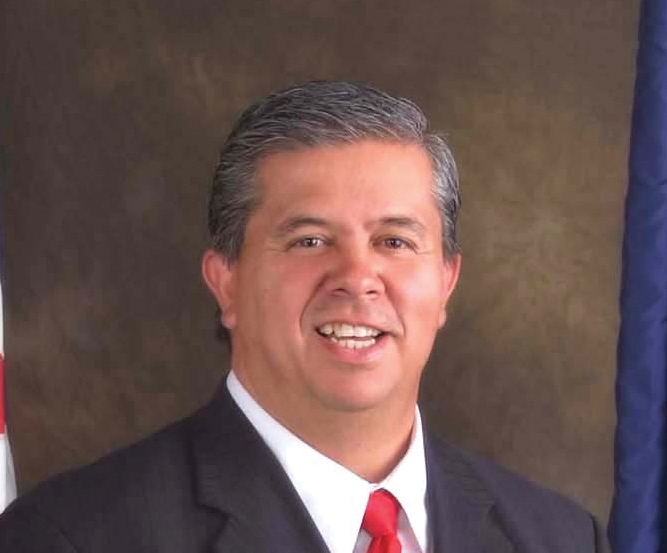A few hints of movement emerged Friday morning, as state Education Department officials and Treasure Valley school superintendents sat down to discuss Common Core assessments.
The state will field test the Smarter Balanced Assessment Consortium exams across Idaho this spring, despite the objections of nine Treasure Valley district superintendents. These superintendents — including the leaders of the state’s three largest districts, Meridian, Boise and Nampa — have asked the state to put the SBAC field test on hold.
That isn’t going to happen. But Superintendent of Public Instruction Tom Luna said the state will look into several of the districts’ concerns.

A shorter test? The SBAC exam is projected to take up to 8 hours to finish, and superintendents are concerned that this estimate may come up low. Saying the computer-based test takes up too much class time and poses what Boise Superintendent Don Coberly called a “logistical nightmare,” superintendents asked the state to consider moving to shorter exams.
Barely three months away from the field test, the state doesn’t have the time to go through the bidding process and choose another test, Luna said. Instead, the state will look into administering a shorter version of the SBAC.
Fewer tests in high school? Idaho’s plan is to have all third- through 11th-graders take the SBAC this spring. That’s more than the SBAC rules require; states need only administer the test in third through eighth grades and some time at the high school level.
Superintendents such as Vallivue’s Pat Charlton fear a “testing overload” in the high schools, compromising classroom time and taxing computer labs and Internet access. The districts want the state to either drop the SBAC assessment for ninth and 10th grades, or test only a student sample. Luna was open to the sampling idea. “That’s a fair option to consider.”
The 95 percent rule. Federal law has long required schools to make sure they test at least 95 percent of their student population. The idea is to keep schools from inflating test scores by picking and choosing which students take a test. Sanctions are levied at the state level: If a school fails to test 95 percent of its students, it loses one star on the state’s five-star school ratings.

So here’s the rub: The SBAC assessment will eventually become a linchpin of the state’s five-star ratings, but not in 2014. Test results won’t count for or against schools, and their 2013 star ratings will remain in place until 2015. But what happens if Idaho schools fail to hit the 95 percent plateau — because parents hold their kids out of school on testing day to protest the new Idaho Core Standards, or because the computer-based tests crash a school’s network?
No one really knows for sure. But Luna says the state will argue on the districts behalf, saying schools shouldn’t be penalized for participation in a non-binding test.
Luna and his staffers maintain that the SBAC field test is critical. They believe it is important for students to experience the test this year — before they are actually graded on their performance. They say it is important to test out school computer networks, WiFi and broadband this year, before schools have to administer the test in earnest in 2015. And they say the field test will answer the districts’ central question: Is the SBAC assessment too time-consuming?
“We’ll know when we give the field test,” Luna said.
The Treasure Valley superintendents, meanwhile, support Common Core and say they want to be held accountable for meeting the Common Core mission: producing college- and career-ready graduates. They aren’t sure an eight-hour test is needed to hold schools accountable. And after Friday’s 90-minute meeting, Coberly appreciated the chance to make the case.
“I think it was a good discussion. Good, positive discussion,” he said.
More reading
- Read the superintendents’ white paper on the Common Core assessments, and read the State Department of Education’s response.
- Superintendents get support from an unlikely ally: state Sen. Steven Thayn.
